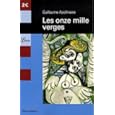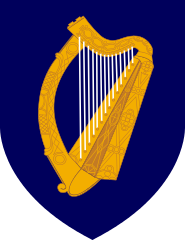Freedom of expression, the ECHR, and Turkey: recent developments
 Two recent cases in the European Court of Human Rights demonstrate that there are still large gaps in the protection of freedom of expression in Turkey.
Two recent cases in the European Court of Human Rights demonstrate that there are still large gaps in the protection of freedom of expression in Turkey.
Terrorist speech
In Gözel and Özer v Turkey (43453/04 and 31098/05; 6 July 2010 | judgment (in French); press release (in English)), a Turkish magazine published an article that contained a statement by the central committee of the banned Marxist-Leninist/Turkish Communist Party. Another published an article about the founder of the Marxist movement in Turkey which included a statement by eight people who were in custody for belonging to illegal organisations. The editors of both magazines were convicted of pubishing statements of illegal armed organisations.
The ECHR noted that the editors had been convicted for publishing texts that the domestic courts had characterised as “terrorist organisation statements” without taking into account their context or content, and held that to condemn a text simply on the basis of the identity of the author would entail the automatic exclusion of groups of individuals from the protection afforded by Article 10. It therefore concluded that since the opinions expressed did not constitute hate speech or stir up violence, the Respondent was not entitled to rely on national security to restrict the public’s right to receive information, and that Article 10 had therefore been breached.…




 In a classic example of giving with one hand and taking away with the other, the Supreme Court first held that the Irish Times could assert a privilege to decline to answer questions from a Tribunal, but then ordered the paper to pay the Tribunal’s costs. This is, to say the least, a curious and illogical decision, and it is very doubtful whether the European
In a classic example of giving with one hand and taking away with the other, the Supreme Court first held that the Irish Times could assert a privilege to decline to answer questions from a Tribunal, but then ordered the paper to pay the Tribunal’s costs. This is, to say the least, a curious and illogical decision, and it is very doubtful whether the European 
